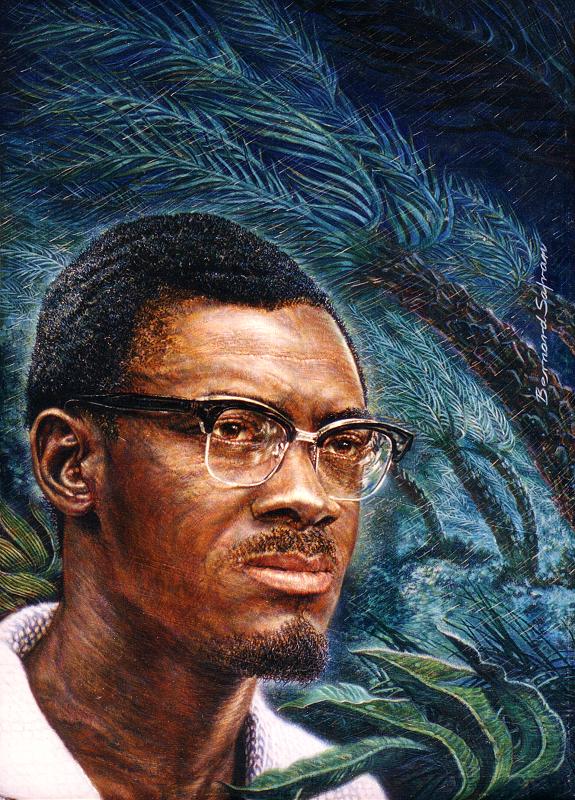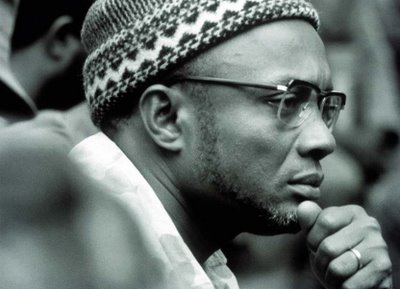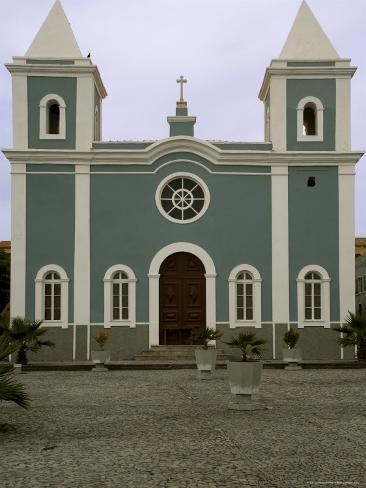New Years
Day (January 1): Not a whole lot
of information on this other than one site that said the Congolese celebrate
the coming new year with parties. Of course, these are only in certain areas of
the country. Other areas are still
actively fighting a civil war. In
fact one small village rang in its New Year a few years ago by being subjected
to one of the worst mass rapes in the history of the country: Colonel Kibibi
was sentenced to 20 years in prison for ordering the attack. Doctors treated 62
village women for rape. Many
people don’t have jobs and even the people who do have jobs don’t receive
consistent paychecks. It makes it hard to celebrate with parties and lavish
events if there’s no money to do it with. People do improvise, though, so I’m
sure there may be areas that make do and make the best of it.
Day of the
Martyrs (January 4): This day is in remembrance of the victims of the violence
from human rights violations as well as those who were fighting for justice. In
1959, the Congolese started speaking up for their right to be independent from
Belgium. Uprisings took place in
Kinshasa, and hundred of people died in riots that started out as otherwise
peaceful protest marches.
National
Heroes’ Day (January 17): This day
marks the death of Patrice Lumumba. He was one of the most widely-known
independence leaders in the country. He wasn’t just known in the DRC either, he
was known around the world. And
actually, once independence was established, he was elected as Prime Minister.
Three months later, he was ousted in a coup and was sent to prison under orders
by Joseph-Desiré Mobutu. Lumumba died by a firing squad from the Katanga
authorities, a secessionist mineral-rich region.
Labor Day
(May 1): It’s generally celebrated
as a day free from working and celebrating the workers themselves, but in the
DRC, there’s not much to celebrate about.
Because of war and conflict in many areas of the country (especially in
the North and South Kivu areas), there is generally a sense of lawlessness
(especially in those areas). It makes it really hard to have a normal
functioning society to even address labor issued in these parts. Disappearances,
murders, rape, starvation, and disease plague these areas. If someone was lucky
enough to have a job, the workers are overworked for inadequate pay in unsafe
workplaces – and these are only a few of the problems at hand. Child labor and
trafficked persons are also two problems that are nearly impossible to address
in many areas of the country.
Liberation
Day (May 17): This holiday is for the Movement for the Liberation of the Congo
rebel group during the second civil war. This movement was led by Jean-Pierre
Bemba, the son of Congolese billionaire, Bemba Saolona. Each town and city
holds its own street fests with food, live music, and parades.
Parents’
Day (August 1): It’s a very big
deal to give cards and small gifts to their families. This day is basically
combining Mother’s Day and Father’s Day together. Most women have around five children, so she normally takes
care of the children and the home while the fathers work outside of the home to
provide for the things that are needed.
Christmas
Day (December 25): In the DRC,
Christmas remains to be a religious holiday, so much of the commercialism is
lost. There isn’t the large-scale decorations and gift-giving spectacle to have
to go through (I wish it were more like that in the US. This time of year
always stresses me out.) Churches
will often hold nativity plays and music on Christmas Eve, and families enjoy a
special meal together, usually with chicken or pork.
Up next:
art and literature


.jpg)







